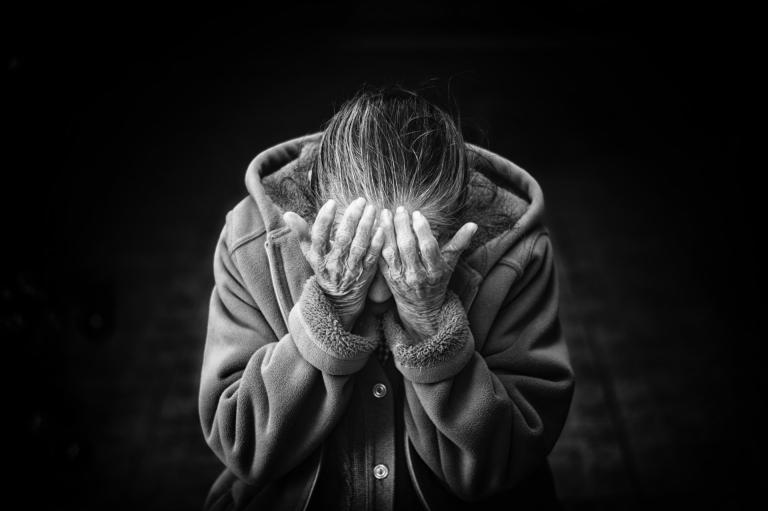 I have been in more than one setting recently in which people have urged one another “to just forgive.” The incongruity of the pain people have described is jarring when compared with the easy, definitive guidance that others have offered that advice. Running over the questions of how fresh the wounding might be or how long the healing might take, they are like a Nike commercial, “Just do it.”
I have been in more than one setting recently in which people have urged one another “to just forgive.” The incongruity of the pain people have described is jarring when compared with the easy, definitive guidance that others have offered that advice. Running over the questions of how fresh the wounding might be or how long the healing might take, they are like a Nike commercial, “Just do it.”
Forgiveness is the point of departure, the first step in our own reconciliation with God. In God’s presence we can count on being heard. We can count on trusting God with our wrongdoing and we can count on trusting God with the wounding that we have suffered at the hands of others. The journey of forgiveness into God — of forgiving and being forgiven — may not be easy, or painless, but it is always safe.
Forgiveness is also the point of departure for reconciliation with other human beings. But that journey is both difficult and far less dependable. Not everyone is trustworthy — some never will be. The wounding we have experienced at the hands of others can be a momentary act of fear or callousness, but it can also be the deed of someone in whom pathology runs deep.
For example, the wounding in a sexual predator or child molester can run so deep that their own healing — if it comes in this life at all — may take years. These are people who cannot necessarily be trusted with the pain that they have inflicted on us. They may never be trustworthy in that respect.
In those cases the difference between the journey of forgiveness and the journey into reconciliation becomes clear. The one is a journey into God on which we can embark alone to find healing for the wounds inflicted on us and release from the wounding that we have inflicted on others. But reconciliation with other people may or may not be possible, because reconciliation takes two who are willing to go on that journey together. Not everyone is willing to start that journey and some, never will be —- not in this life or in ways that we can detect or trust.
It also becomes clear in those moments that forgiveness is not something you “just do” — a transaction made up of just the right words, actions, and a particular frame of mind. It is a journey of transformation and possibilities — some of which only God can achieve. That journey is not about doing forgiveness, but of becoming forgiveness.
That journey is often incomplete. Incomplete because God is the only one who knows us thoroughly and can embrace our wounds and the wounding we have inflicted on others. Incomplete because in some cases we might forgive, but the person on the other side of the experience refuses to build a reliable or safe bridge of reconciliation from their side. Incomplete because we suffer so much pain or we have inflicted so much pain that we have yet to fully understand or transcend it.
None of this is said to place limits on the grace of God. But to ignore these complexities is not wise and those who urge others to “just forgive” are often those who have never faced their own wounds, or have yet to be honest about their own capacity for wounding. So, instead, they look for the quick fix, a formula instead of a journey, a Band-Aid as the alternative to deep healing. And because forgiveness is something we can’t do, but must become, they run roughshod over the struggle of others — and ultimately, their own.












